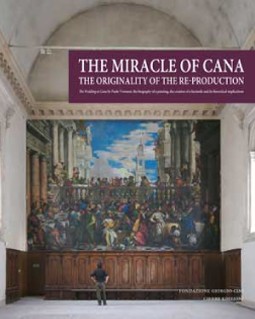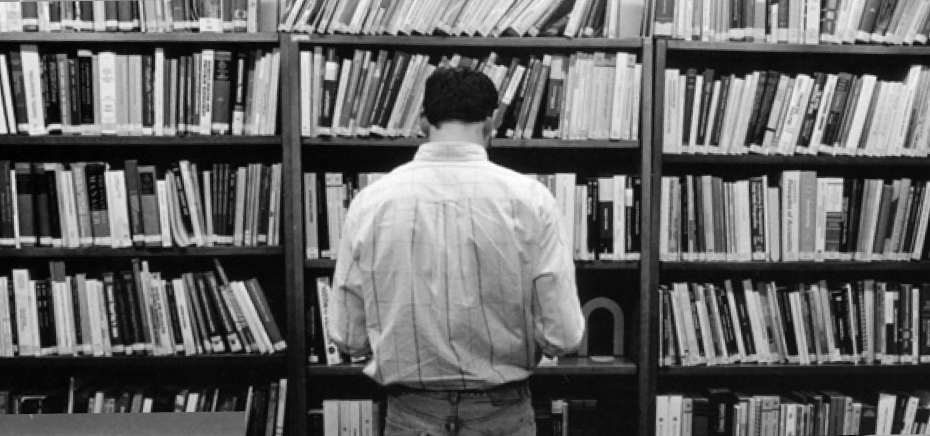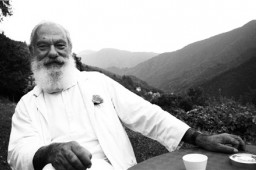The Miracle of Cana. The Originality of the Re-production

Caselle di Sommacampagna (VR): Cierre Edizioni, 2011.
The story told by this book is in fact about a great painting which the monks commissioned from Paolo Veronese in 1562. The canvas of about 70 square meters filled the entire rear wall of Palladio’s Refectory, and was conceived as a logical and glorioustrompe-l’oeil completion of the architecture. The enduring chorus of praise and marvel induced Napoleon and the French – who had occupied Venice – to seize the work in 1797 as war reparations. Until the arrival of the facsimile, the wall remained blank and this wasindeed an open wound that deconstructed the original atmosphere of the refectory. On 11 September 2007, exactly 210 years after its removal, the facsimile was “unveiled’ and the overall work of art consisting of the architecture and painting was fully reconstructed and could once more be admired. This book tells the story of this adventure. It contains basically three sections respectively concerning 1) the biography of the original painting ; 2) the detailed description of the technical processes through which the facsimile has been produced ; 3) the critical reflection on the aesthetic and historical significance of this operation, and the new light it brings on issues of conservation and restoration. Indeed, as many reflections made in the third session show, the new perspectives created by the facsimile lead us to conceive the “aura” in a dynamic way, as something which can “migrate,” from one place to another, from the original to its "copies".


